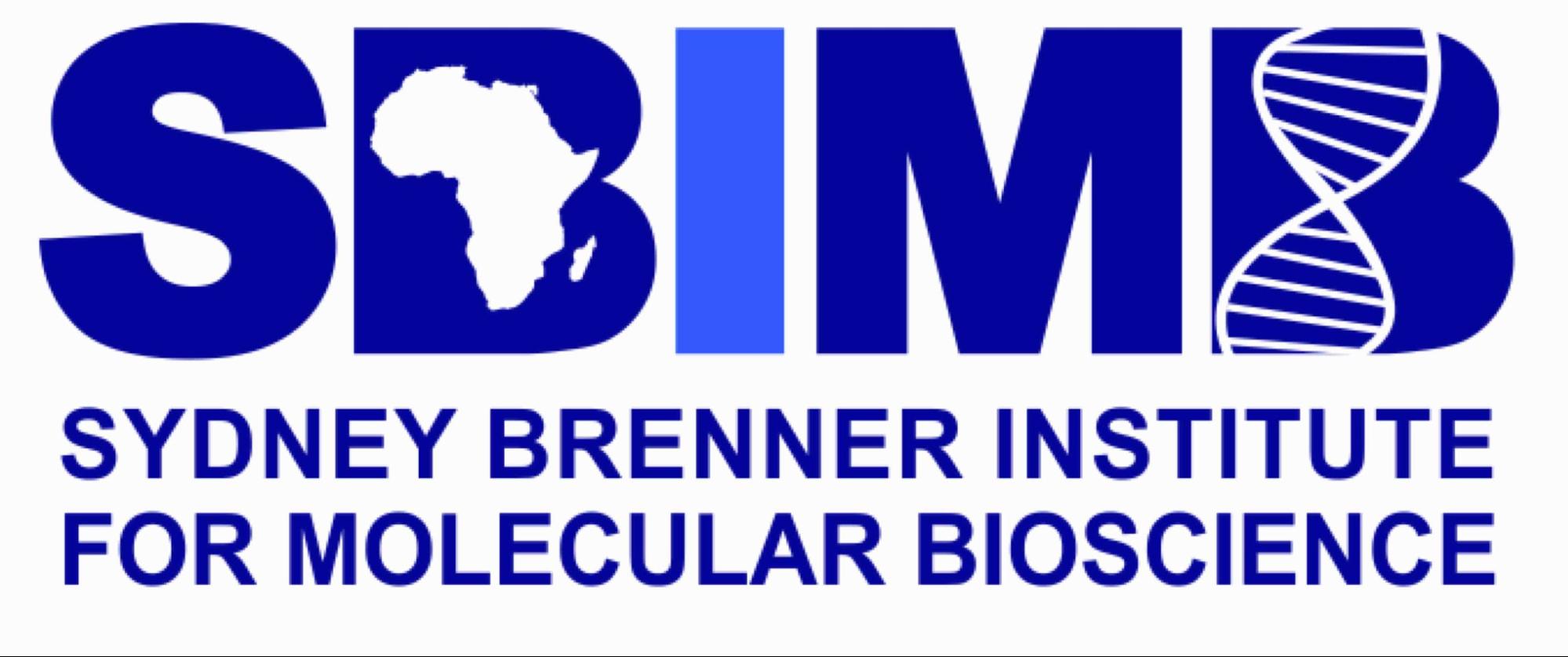Governance
-
Overview
Good governance is fundamental to the success of the SBIMB and to the confidence and trust of its investors and scientific collaborators. The Institute ensures that good governance and responsible scientific and business principles and practices are fully integrated into its culture, values, and day-to-day running. The SBIMB practices transparency and accountability for all funding received, and strives to provide high quality reporting on its activities.
The governance of the Institute, including oversight of its financial well-being, funding strategy and sustainability, is the responsibility of the Vice-Chancellor (VC), and is delegated to either the Deputy Vice-Chancellor for Research (DVC-R) or the Dean of an appropriate Faculty.
The SBIMB Advisory Board and Scientific Advisory Committee are responsible for overseeing the Institute’s leadership and activities and steering its scientific direction.
-
SBIMB Advisory Board
An Advisory Board is in place, whose role it is to advise the VC or his/her designated representative on various aspects of the institute’s leadership, some of which include:
- The appointment of the Institute Director and its Members
- The Institute’s five-year strategic plan
- The Institute’s annual research, financial and outreach plans
- The selection and monitoring of suitable key performance areas and related indicators.
- The ongoing assessment of the Institute’s ethical standards to ensure that they continue to conform to international best practice in all regards.
- The ongoing review and management of the Institute’s risks, performance, and sustainability in the context of their inter-dependence
- The relationship of the Institute with the University and with its other stakeholders
- The effectiveness of the independent audit of the Institute that contributes to an annual integrated report of research, financial, social, and environmental sustainability.
These responsibilities are discharged through well-structured and appointed subcommittees, including an Audit and Risk subcommittee. The Board meets at least once a year and performs regular self-evaluations of the impacts of its advice on the Institute’s performance.
Membership of the Advisory Board comprises a balance of ex-officio and nominated members. The term of office of each member is five years, renewable with the approval of the University Research Council (URC).
Current members of the Advisory Board
- Professor Shabir Madhi(Ex-officio Dean: Faculty of Health Sciences)
- Professor Lynn Morris (Ex-officio DVC: Research and Innovation)
- Professor Michele Ramsay (Ex-officio SBIMB Director)
- Professor Marianne Cronje (Ex-officio representative of Dean: Faculty of Science)
- Prof Thokozani Majozi (Dean Faculty of Engineering and the Built Environment at Wits) (Ex officio)
- Professor Nicole De Wet-Billings (Ex-officio URC Representative)
- Professor Eleftheria Zeggini (Chair of SBIMB Scientific advisory committee), Director of the Institute of translational genomics in Helmholtz Zentrum München and a Professor at the Technical University of Munich (TUM)
- Professor Christoffels Director of the South African National Bioinformatics Institute (SANBI) based at the University of the Western Cape, Director of the SA Medical Research Council Bioinformatics Unit, DST/NRF Research Chair in Bioinformatics and Health Genomics
- Professor Amanda Krause, medical geneticist and currently Head of the Division of Human Genetics at NHLS, and School of Pathology, University of the Witwatersrand
- Associate Professor Bavesh Kana, DST/NRF Centre of Excellence for Biomedical TB Research, NHLS, University of the Witwatersrand
- Professor Collet Dandara (Professor of Human Genetics, Principal Investigator of the Pharmacogenomics and Drug Metabolism Research Group at the University of Cape Town)
- Professor Julian Rayner (Director, Cambridge Institute of Medical Research, University of Cambridge, United Kingdom)
- Dr Janet Kelso, Head of the Bioinformatics Research Group and the Ancient DNA Core Unit Max Planck Institute for Evolutionary Anthropology, Leipzig, Germany
- Professor Vukosi Ntsakisi Marivate, ABSA Chair of Data Science, University of Pretoria.
-
SBIMB Scientific Advisory Committee
The Scientific Advisory Committee responsibilities include:
- High-level, strategic, research-related advice to the Director
- Assistance with recruitment of high-calibre academics
- Membership oversight
- Ongoing reviews of the research applications and reports
Current membership
- Professor Eleftheria Zeggini, Director of the Institute of translational genomics in Helmholtz Zentrum München and a Professor at the Technical University of Munich (TUM)
- Professor Philip Awadalla, University of Toronto, Canada
- Professor Alan Christoffels Director of the South African National Bioinformatics Institute (SANBI) based at the University of the Western Cape, Director of the SA Medical Research Council Bioinformatics Unit, DST/NRF Research Chair in Bioinformatics and Health Genomics
- Professor Leon Mutesa, Professor of Human Genetics, Director of Center for Human Genetics College of Medicine and Health Sciences University of Rwanda

